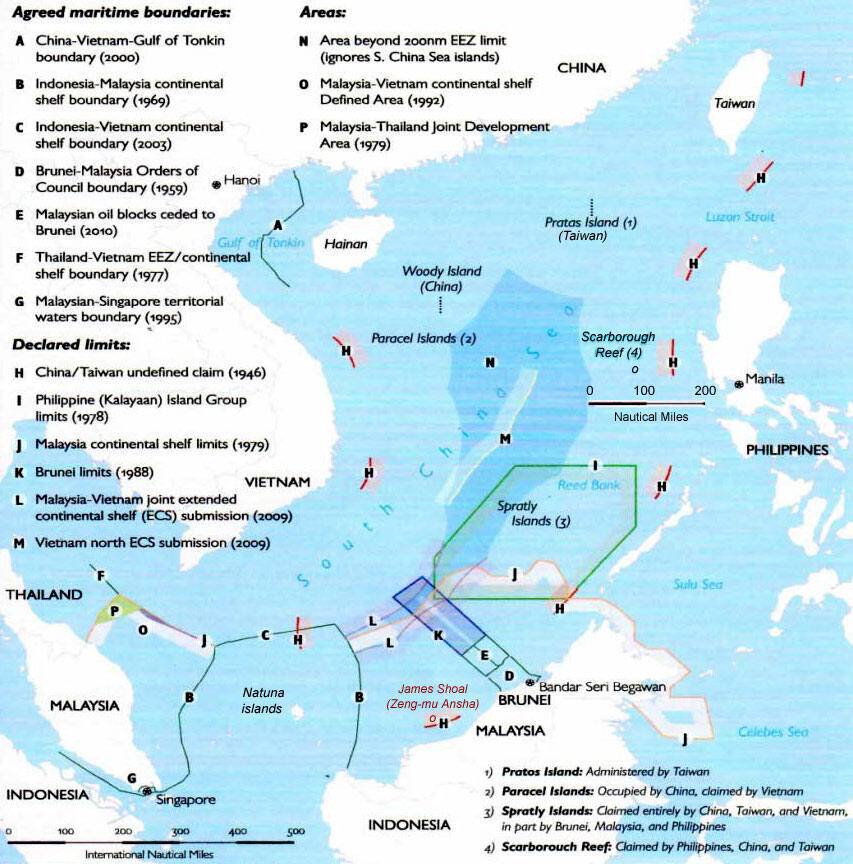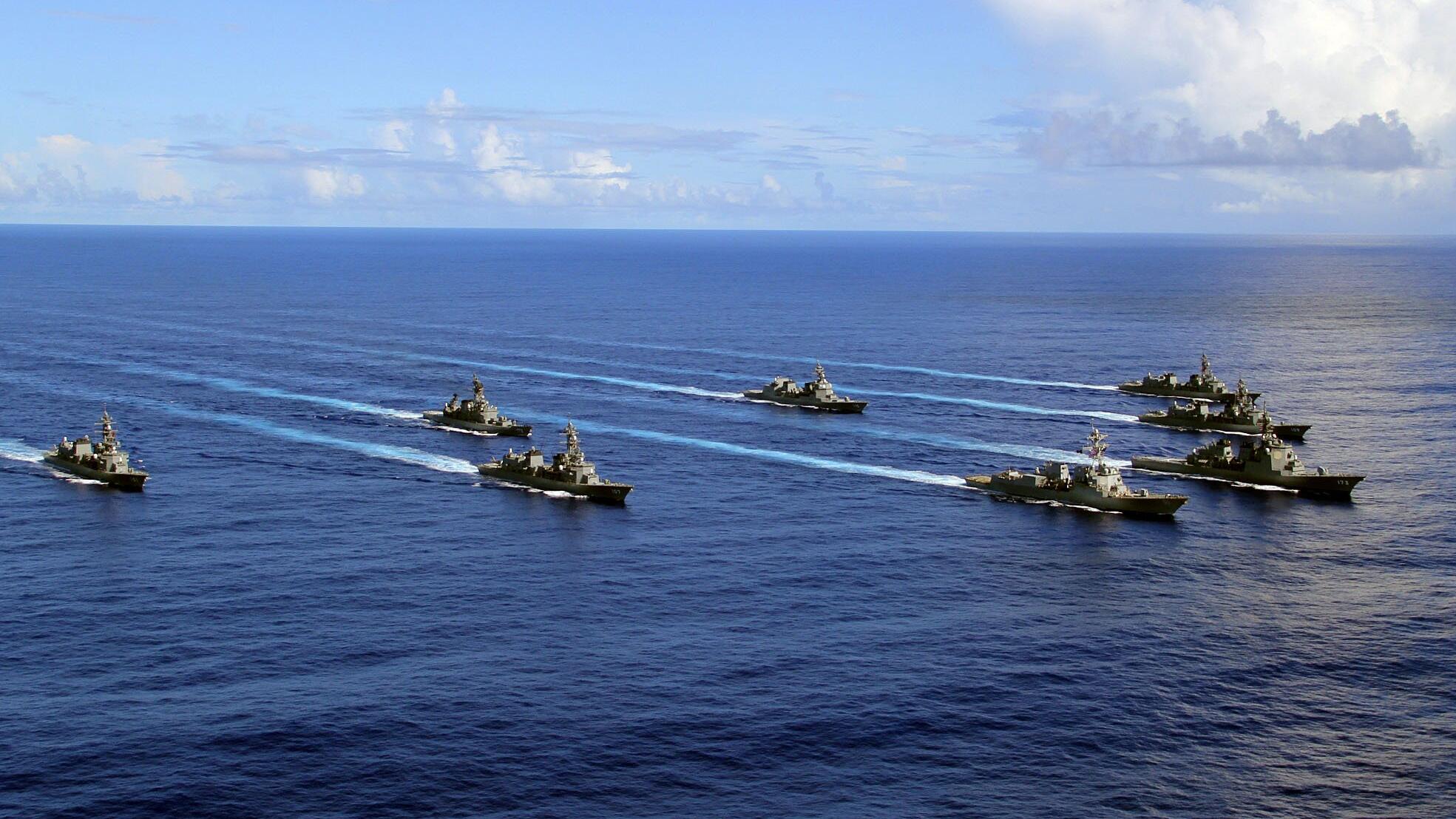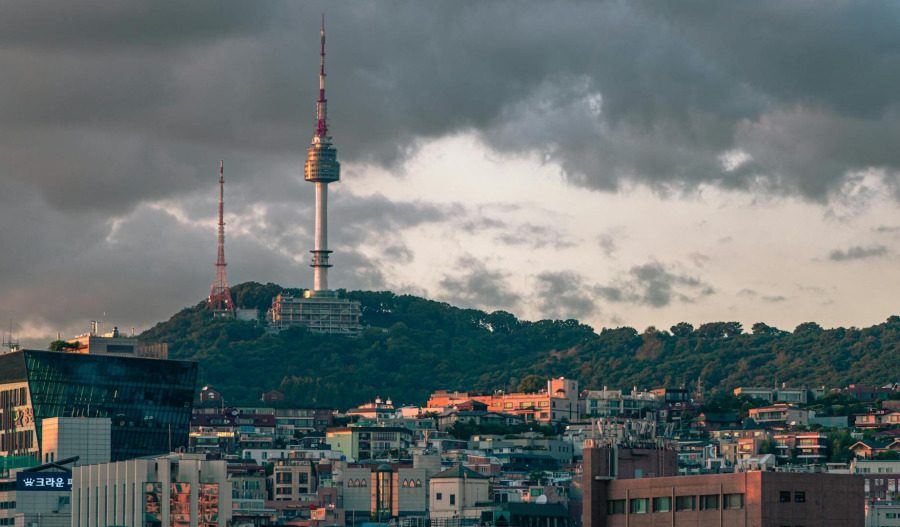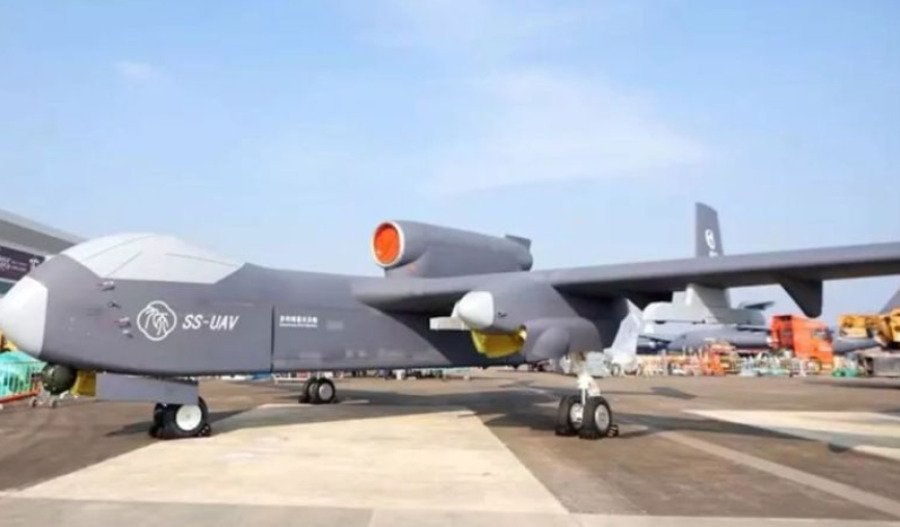Territorial disputes in the South China Sea escalated on Sunday when Chinese maritime forces rammed a Philippine government vessel near Thitu Island, marking the latest confrontation in a year that's seen monthly clashes between Manila and Beijing over contested waters.
On Sunday morning, a Chinese Coast Guard vessel fired water cannons at the Philippine fisheries vessel BRP Datu Pagbuaya near Thitu Island before deliberately ramming its stern, causing minor structural damage - but no injuries to crew members.
"The harassment we faced today only strengthens our resolve," Philippine Coast Guard Commandant Admiral Ronnie Gil Gavan said.
"Filipino fisherfolk depend on these waters and neither water cannons nor ramming will deter us from fulfilling our commitment to not surrender a square inch of our territory to any foreign power."
Beijing blamed Manila, with Chinese Coast Guard spokesperson Liu Dejun claiming the Philippine vessels "illegally entered" waters near Sandy Cay without permission and that one vessel "dangerously approached" the Chinese ship.
The responsibility, Liu insisted, rested entirely with the Philippines.
Escalation
Sunday's confrontation is the latest flashpoint in what's become a near-monthly occurrence.
In August, two Chinese vessels collided near Scarborough Shoal while attempting to block a Philippine resupply mission - one a Coast Guard ship and the other a Chinese Navy vessel.
The Coast Guard vessel suffered catastrophic bow damage and limped back to Hainan Island for repairs, satellite imagery later confirmed.
In September, Beijing announced plans to establish a 3,500-hectare nature reserve on Scarborough Shoal, prompting condemnation from Manila, Washington, and Ottawa, with the Philippines calling it an "illegitimate and unlawful action" and U.S. Secretary of State Marco Rubio rejecting China's move.
Few observers bought Beijing's environmental credentials as genuine.
Thin claims
China claims nearly the entire South China Sea via its vague nine-dash line - a claim that overlaps with the exclusive economic zones of Brunei, Indonesia, Malaysia, the Philippines, Taiwan, and Vietnam.

In 2016, a UN-backed tribunal ruled China's historic claims had no legal basis under international law.
Beijing rejected the ruling and has spent the intervening years transforming seven barren reefs into militarised artificial islands complete with 3,000-metre runways, anti-ship missiles, and surveillance systems.
More than US$3 trillion in annual trade flows through the South China Sea.
Allied pushback
The United States condemned China's "aggressive actions in defiance of international law" following Sunday's ramming, with U.S. Ambassador MaryKay Carlson praising the Filipino personnel for their "tremendous valour and skill in the face of China's dangerous ramming and use of water cannons."
Australia, Canada, Japan, and the Philippines conducted joint naval exercises near Scarborough Shoal in late August, while the ongoing Sama Sama drills off Palawan feature vessels from ten nations, including the U.S., UK, France, Italy, Thailand, and New Zealand.



